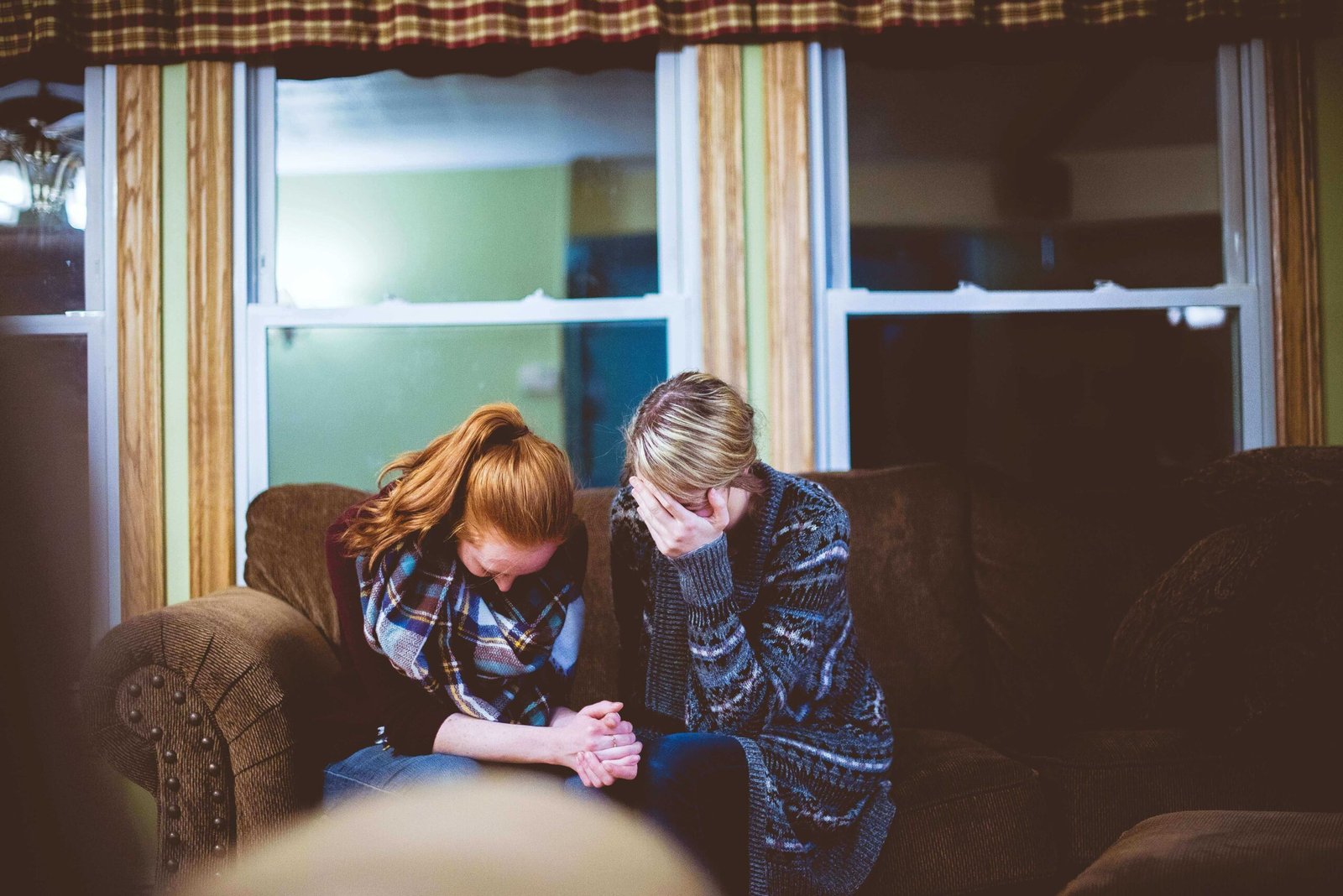

Now, I’m not here to tell you that you’re a bad person. You’re not. Somewhere in your past, you discovered the victim mentality and at that time, it benefited you. At least, that’s what you thought.
In reality, the victim mentality swallowed you whole and placed you in a position where you never take responsibility for your actions; rather, you point the finger at anyone or anything else.
I had a victim mentality for a long time, basically all throughout my teens and early twenties (that’s a long time).
I usually had these three beliefs running through my head:
I mean, you have to admit, it’s a pretty good mentality to have if you never want to improve yourself or your life.
When I met Nate, he was shocked at how cynical and jaded I was, and I really was. I was a walking ball of negative energy.
But there are more traits that the victim role carries. Take a look and see if you have some of them:

Yes, you have a victim mentality, but that doesn’t mean you need to live with it for the rest of your life. You can change!
I changed and moved past being a victim and so can you (but seriously, you really can). And here’s how to do it.
Starting from now, you’re choosing to take control of your life. This means you need to own your actions and behaviors – acknowledging that there are consequences that you will have to pay.
Start by choosing one or two things you can do that will help you become more in charge of your life.
Being a victim has its perks. There’s a reason why you chose to be a victim. What’s the reason?
Did you like the attention? Was it helping you achieve a specific goal? What was it about being a victim that was benefiting you?
If you can expose what being a victim was covering up, you can work towards a healthier mentality.
When you’re a victim, you allow other people to control your life. But that’s going to change now. Instead of letting people decide for you, say no.
But don’t be fooled, yes it’s a small word but it’s a powerful one. It’s not easy saying no, especially when you know the other person isn’t going to be happy. But this is about taking the control back into your hands.
Rome wasn’t built in a day. You don’t need to go cold-turkey and make all these rules for yourself to follow.
You can start with small baby steps. For example, if you’re always late for work, instead of blaming the traffic or your alarm clock, take responsibility for it.
Say to your boss, I’m sorry I’m late for work, I take responsibility for this and will do a), b), or c) to prevent this from happening again.
Going through this alone isn’t easy. Plus, there’s a chance you have a couple of underlining issues that you need to explore and unravel.
Therapy is a really great tool for helping you grow into the person you want to be.
Remember what I told you before, you’re not a bad person. Life happens and it wasn’t out of the blue that you chose to be a victim.
But your past is exactly that – the past. You can work on yourself and improve your life. You just need to get out of the victim role.
As a self-help writer, I understand how challenging this process is. If you wish to improve your life, consider counseling as the first step.





If you want to increase intimacy and connection in the boudoir, here’s what you need to do.

So, if you’re reading this, there’s a chance that you’re not feeling good about your relationship. If you’re asking yourself, is my relationship toxic? It’s time to know the signs. Here are the signs of a toxic relationship.

You’ve met someone that you’re sure is the one. Now, I’m not going to tell you you’re wrong. I don’t even know you! But here’s the thing, are they really the one? Here’s how to know if you met the one.

Rather than asking are rough patches in a relationship normal, what you should be asking yourself is what’s causing them and how to overcome those rough patches.
Get real relationship and dating advice straight to your email now.